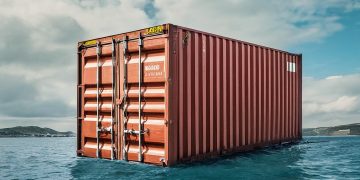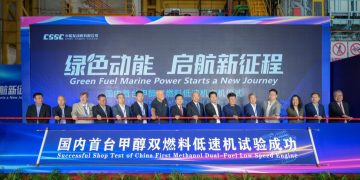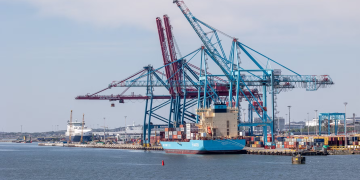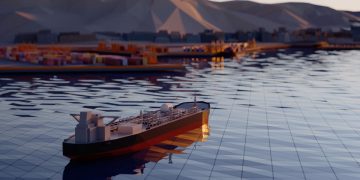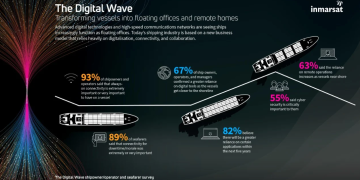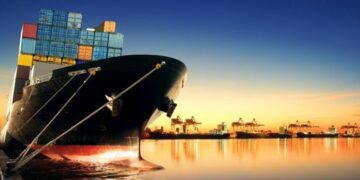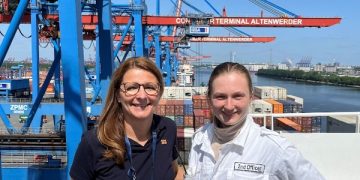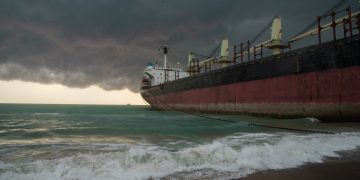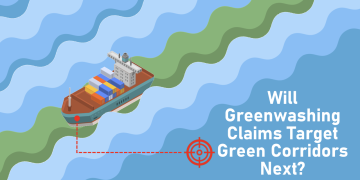EU to promote greener and cheaper maritime fuel in the North Sea
The EU's TEN-T Programme will co-fund with over €5 million the deployment of liquefied natural gas (LNG) as a greener and cheaper alternative to heavy fuel oil for maritime transport in the North Sea. The project will also help to meet European requirements on cutting the air pollution in the North and Baltic Seas. European Regulations require the shipping sector to reduce marine sulphur emissions in the North Sea to 0.1% as of January 2015. One of the ways for the sector to reach this goal is to use cleaner fuels, such as LNG. This project is part of a larger project aiming to promote the use of LNG in North Sea maritime traffic. It will cover three main objectives, namely the: Installation of small scale equipment for LNG bunkering in the Zeebrugge terminal (Belgium) to break down large quantities of LNG into smaller ones for further distribution in the North Sea and the Channel region. Zeebrugge would become the first European terminal open to the public for this kind of operation. Equipment of three ferry berths with automatic quick release mooring hooks, two at the ports of Portsmouth (UK) and one in Caen/Ouistreham (France). Establishment of an optimal logistic ...
Read more




